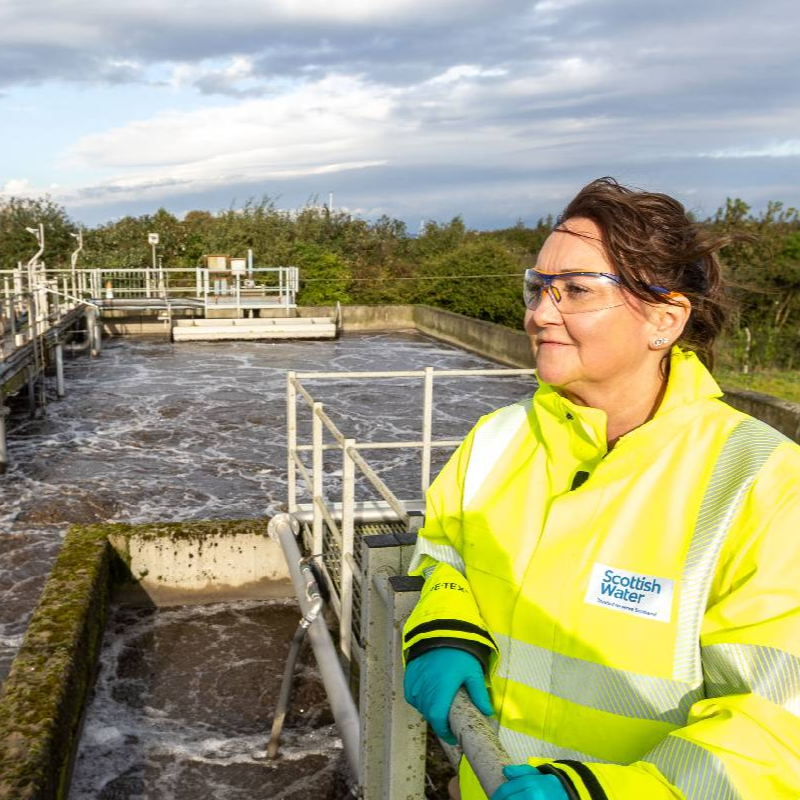
Agriculture
Farmer’s guide to sourcing and using digestate and compost.
Thinking of using digestate or compost?
This guide can help you choose the right product.
The guidance gives you key questions to ask to support you through the process of sourcing and using compost and digestate to help make sure the materials will meet your requirements. It includes a checklist you can use and includes a list of useful websites.
Digestate & Compost use in Agriculture - Risk assessment overviews
Zero Waste Scotland have produced brief overview documents of the findings from the larger risk assessment procured in partnership with WRAP. The documents examine the safety of digestates and composts when used on agricultural land.
Background information on the regulatory controls governing compost and digestate production and use in Scotland is also provided.
A more detailed summary of the risk assessment work can be downloaded from the WRAP website.
DCAgri
The Digestate and Compost in Agriculture (DC-Agri) field experiments provide a robust evidence base to support the confident use of digestates and composts by farmers and growers as renewable fertilisers.
You can access further information from WRAP:
Digestate and compost good practice guidance
We have developed guidance for farmers, growers, advisers and agricultural contractors on how to maximise the benefits of using digestate and compost as renewable fertilisers. These documents highlight:
- Integrating renewable and bagged fertilisers can increase crop yields and reduce fertiliser costs;
- Renewable Fertiliser Matrix shows how digestate & compost can be used with different crops;
- Tailored guidance available for farmers and agri-contractors;
- The guides also include a helpful check list.
You can access the guidance here:
The project was funded jointly by Defra, WRAP, WRAP Cymru and Zero Waste Scotland.






